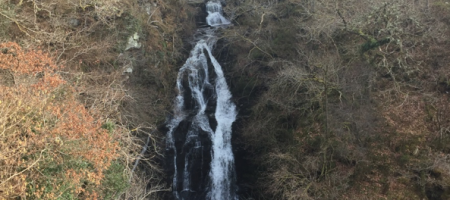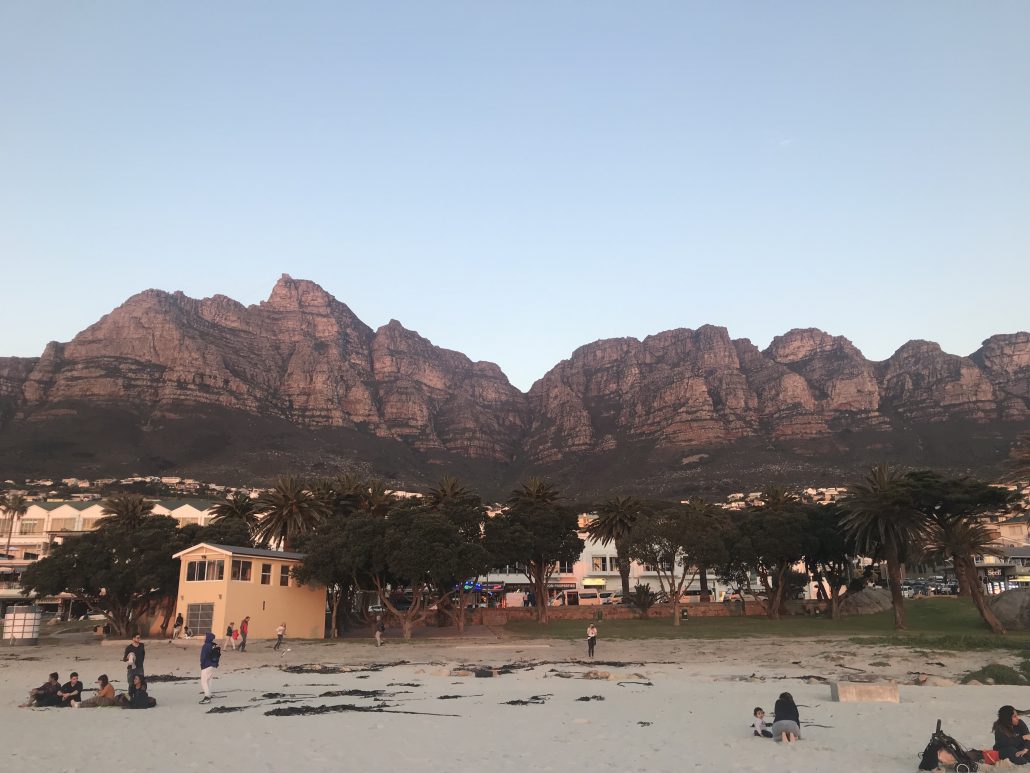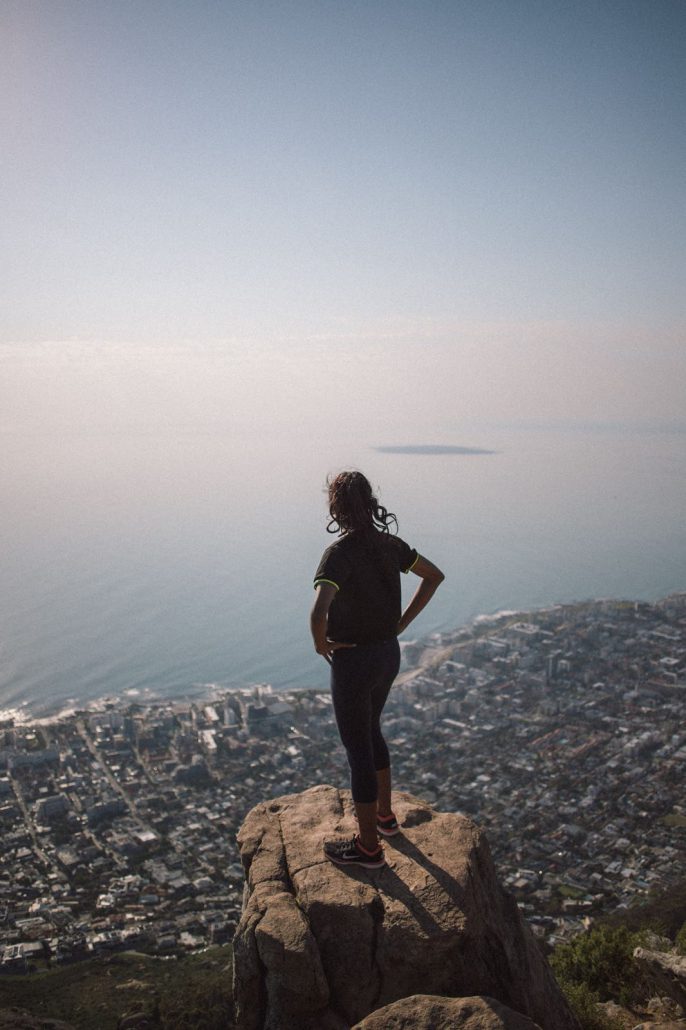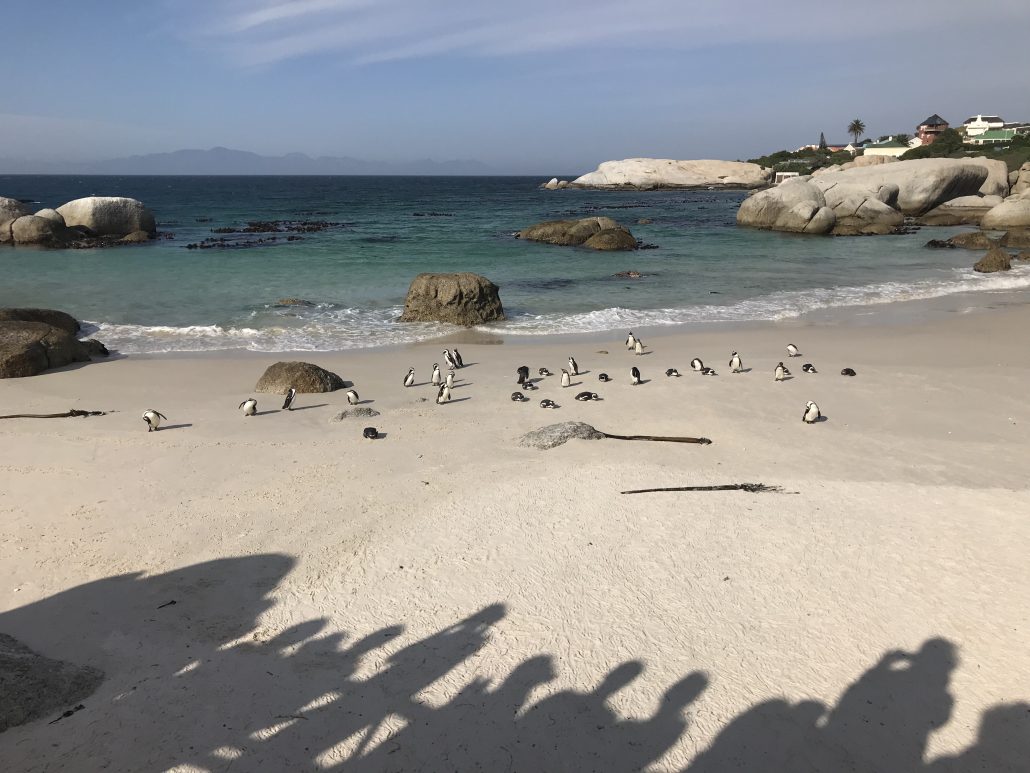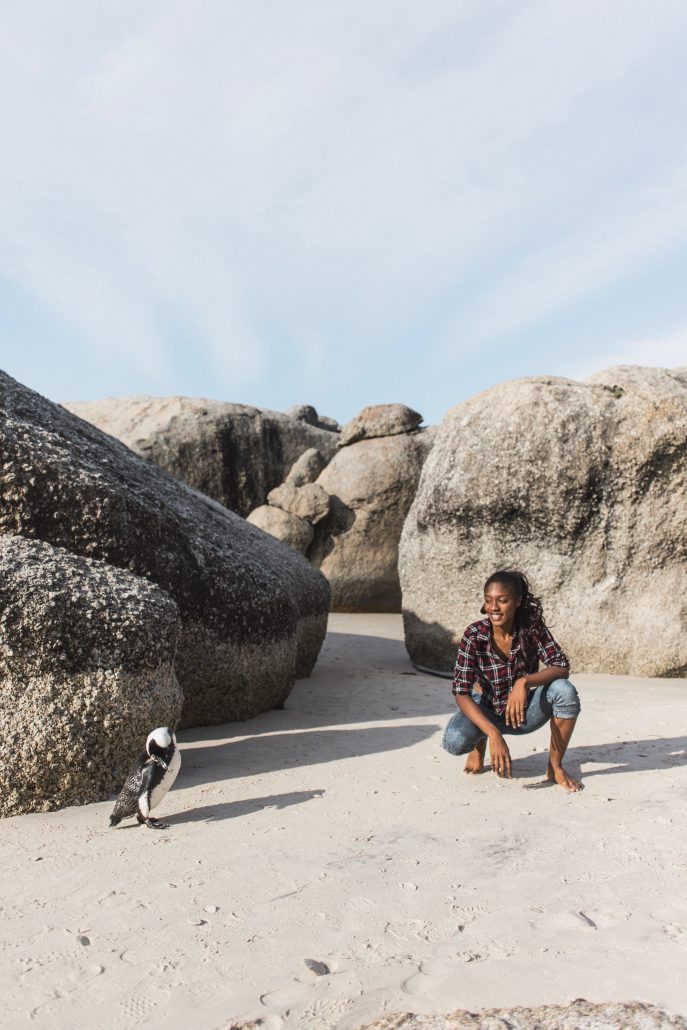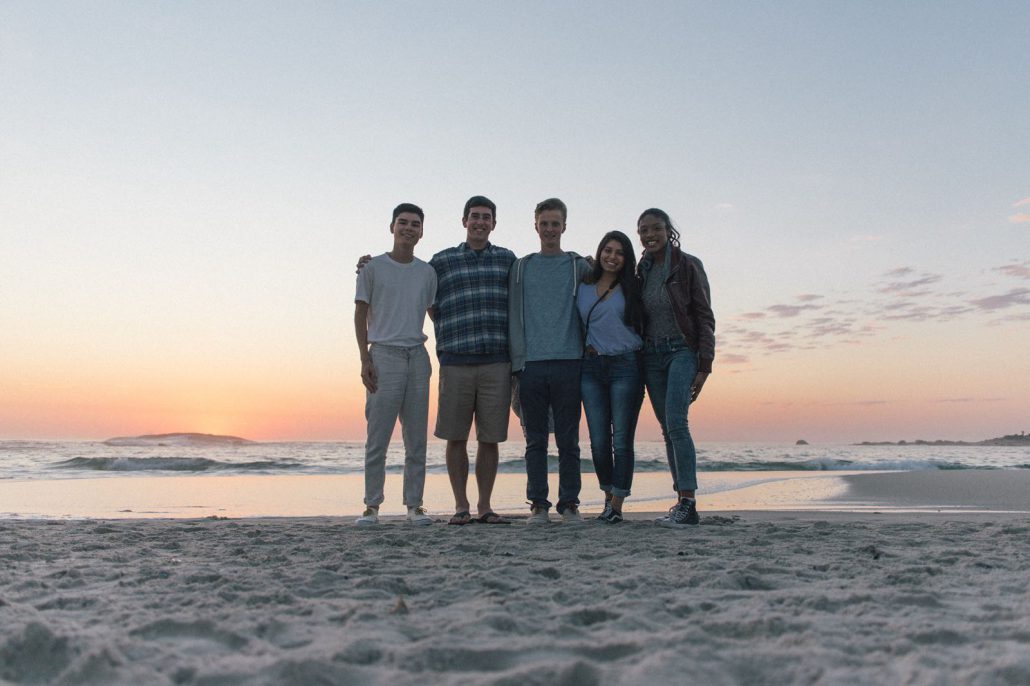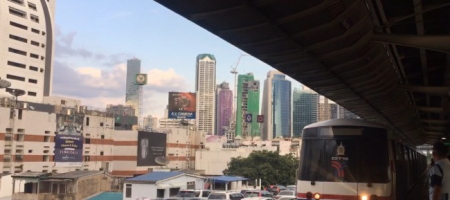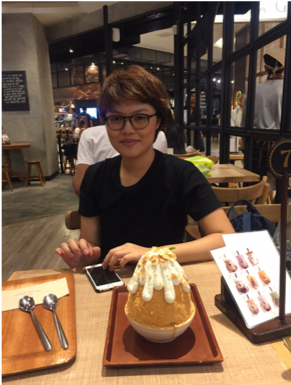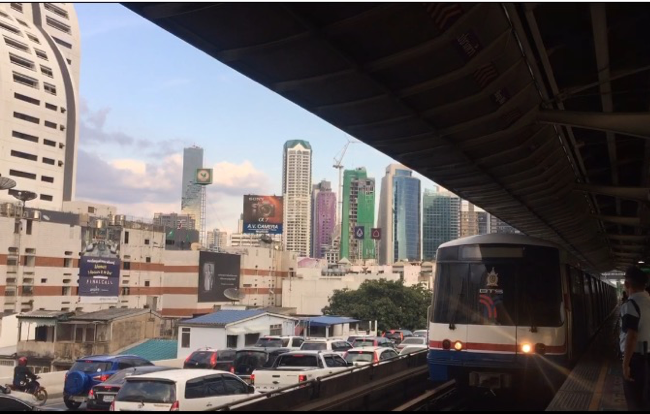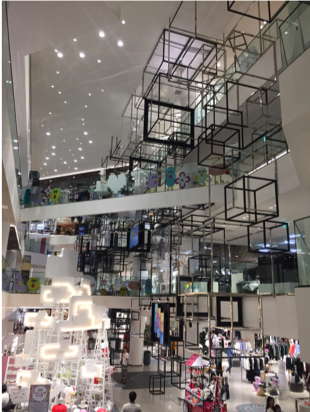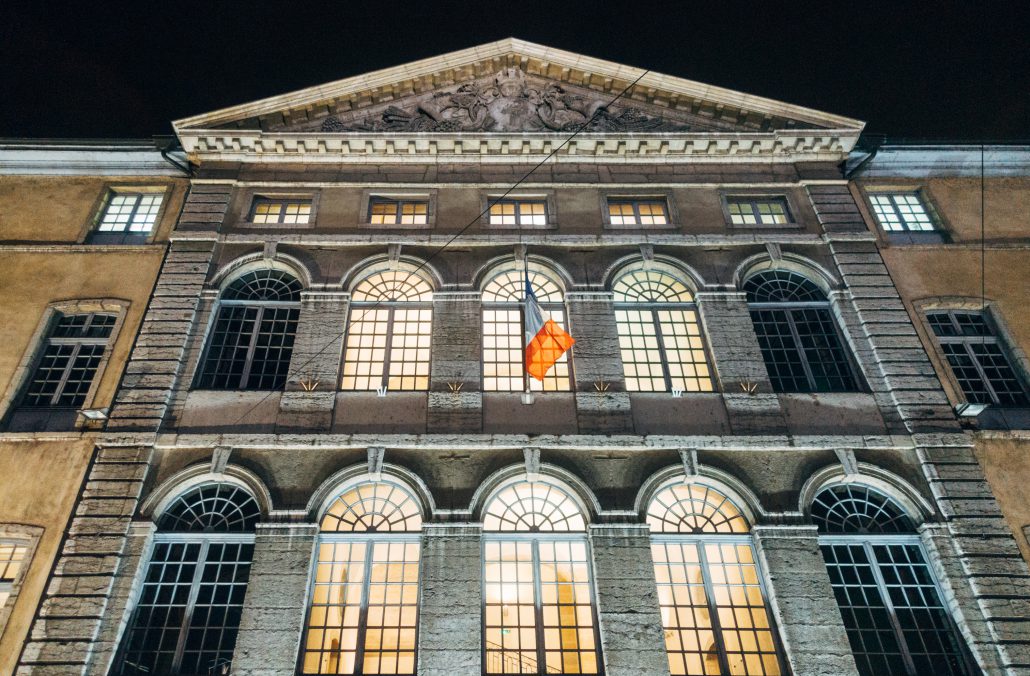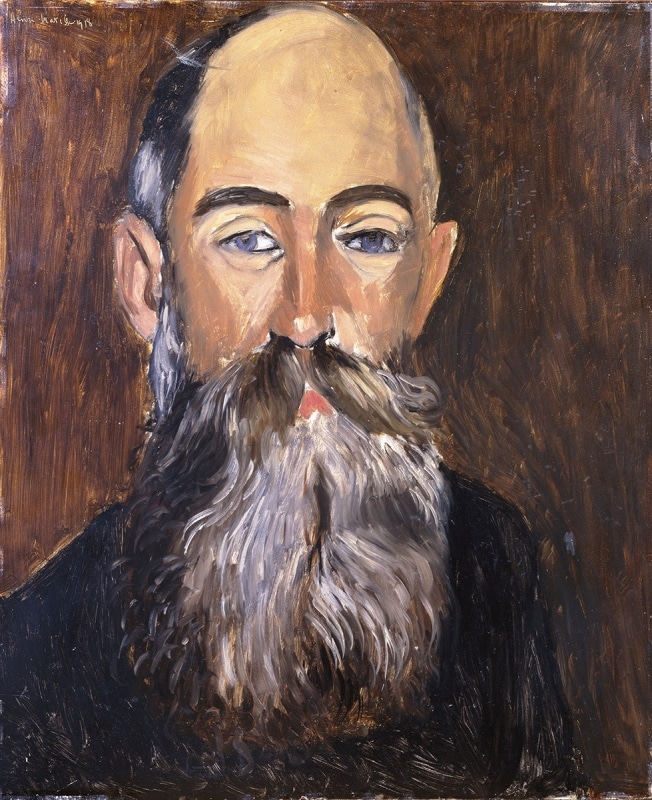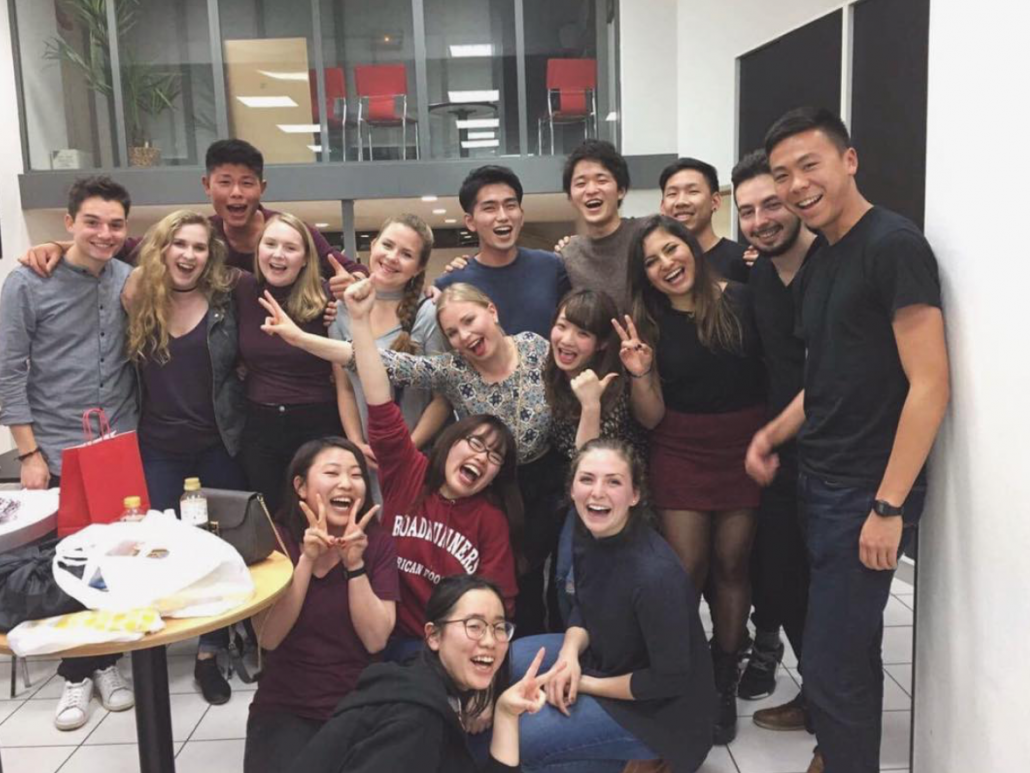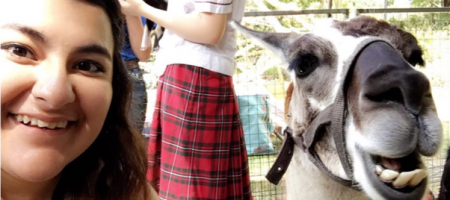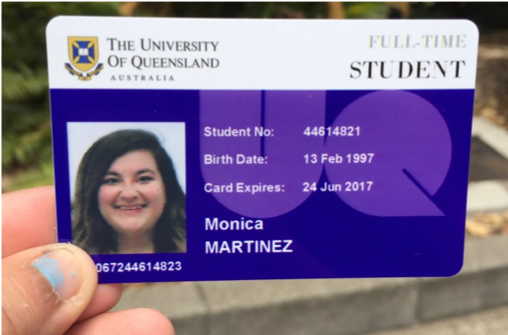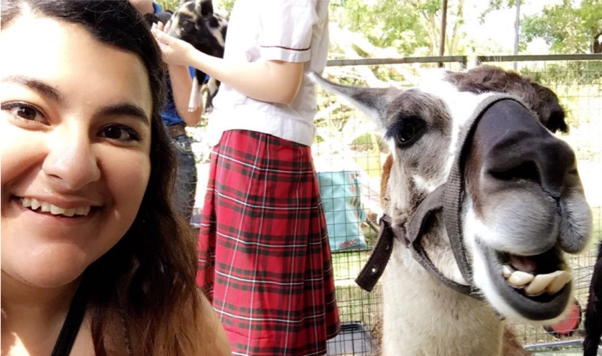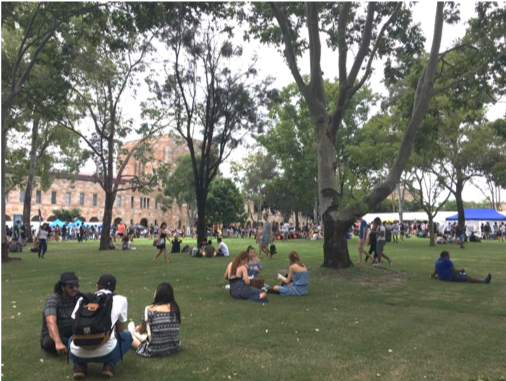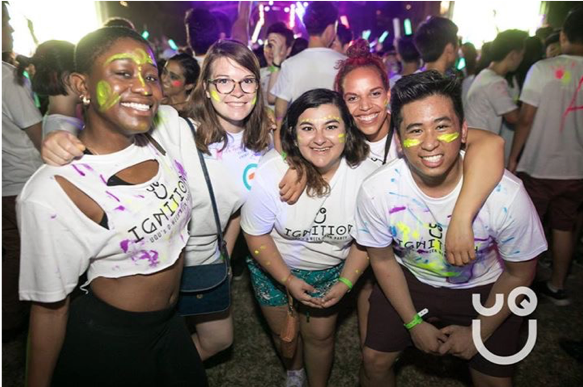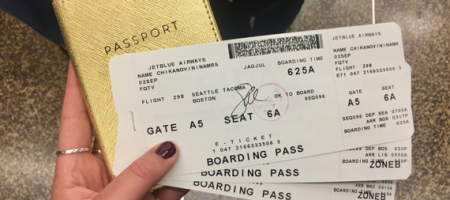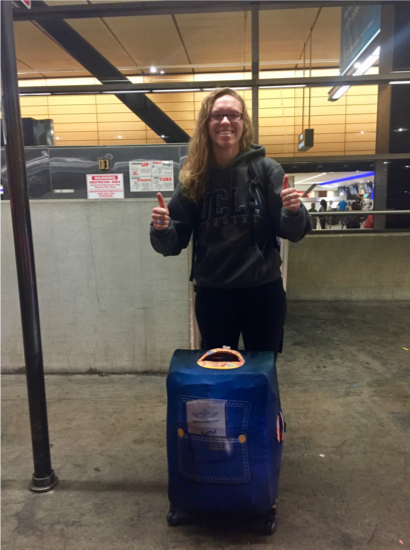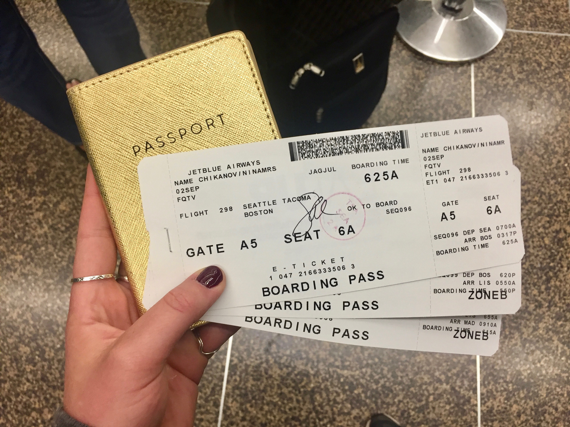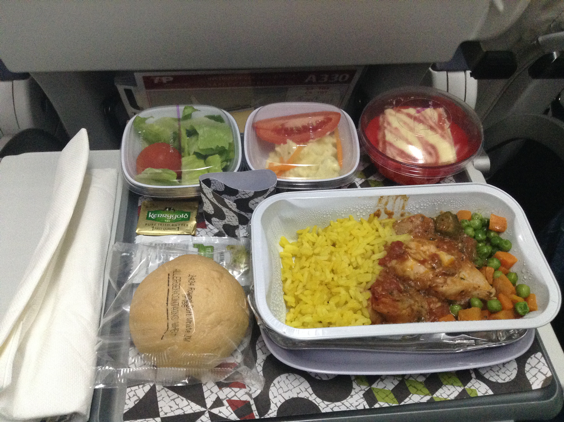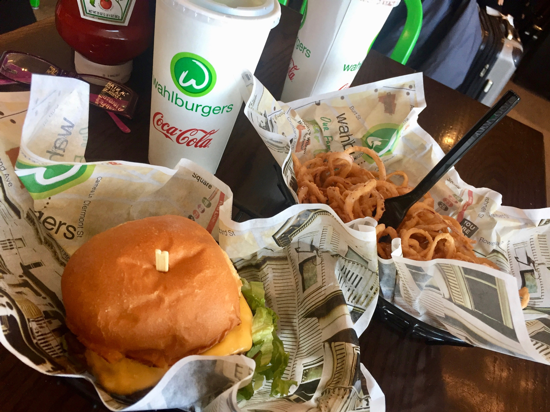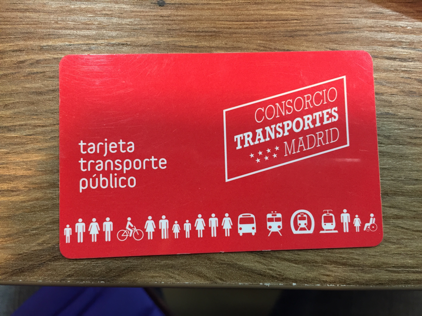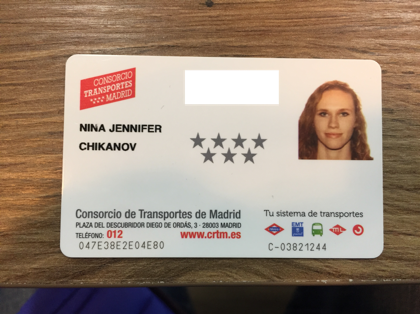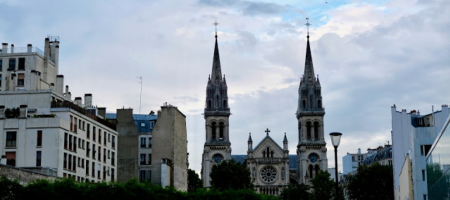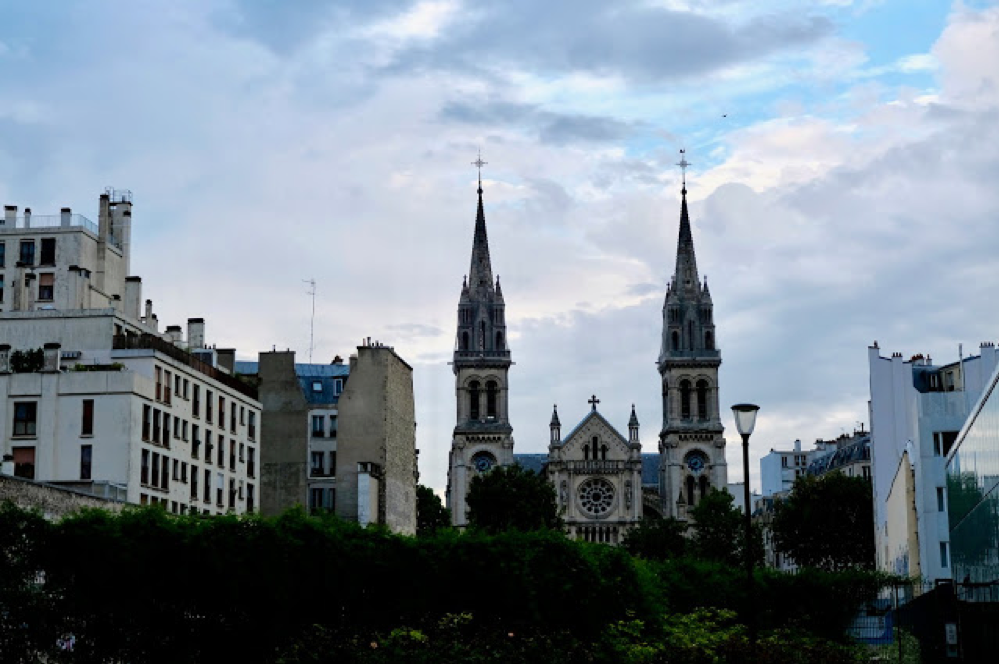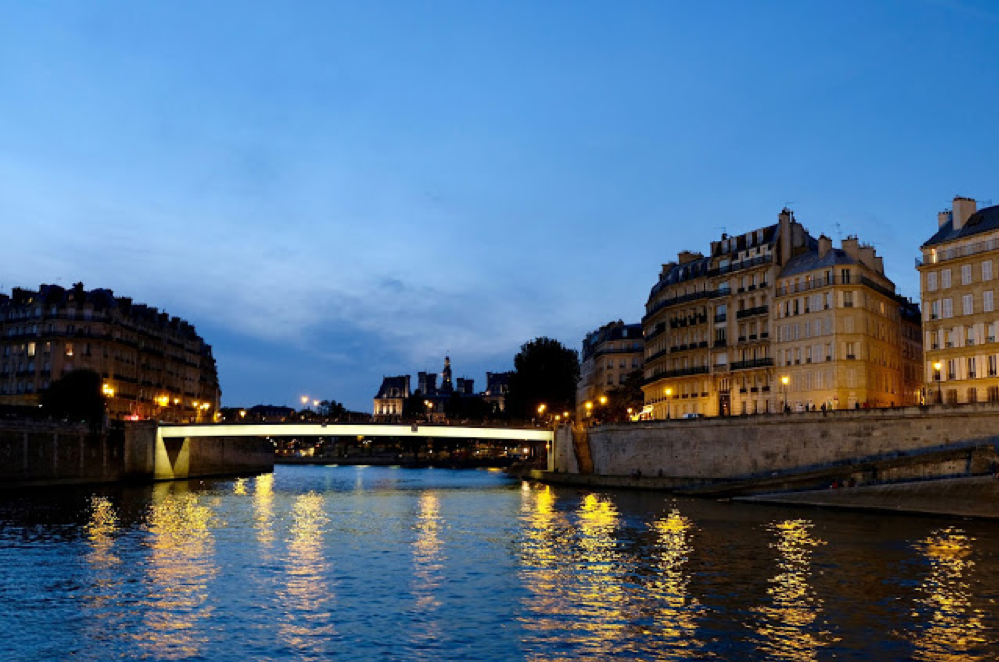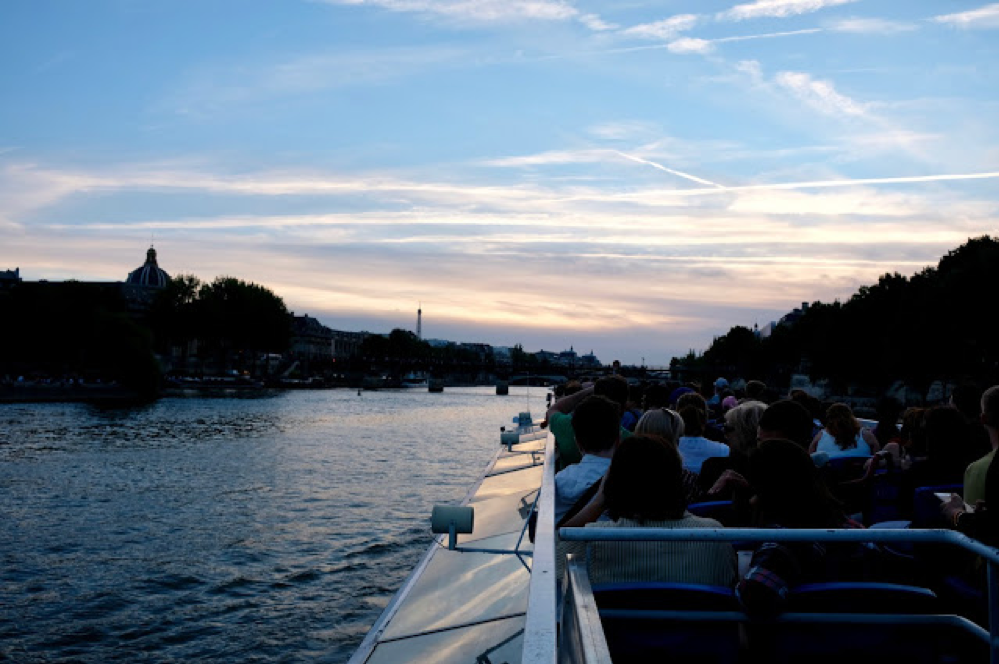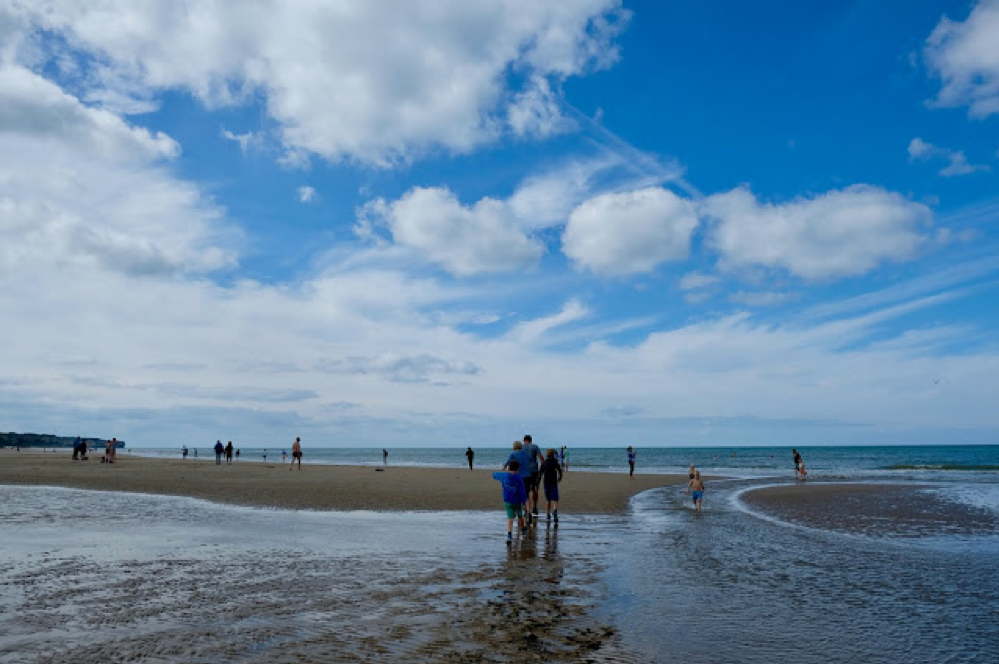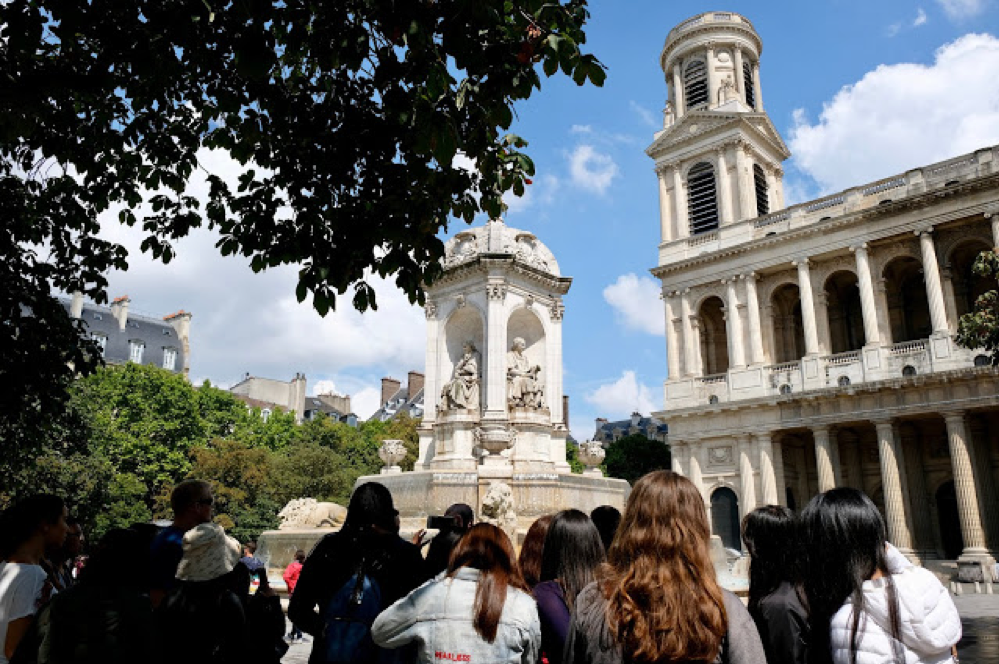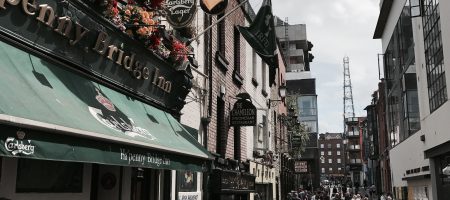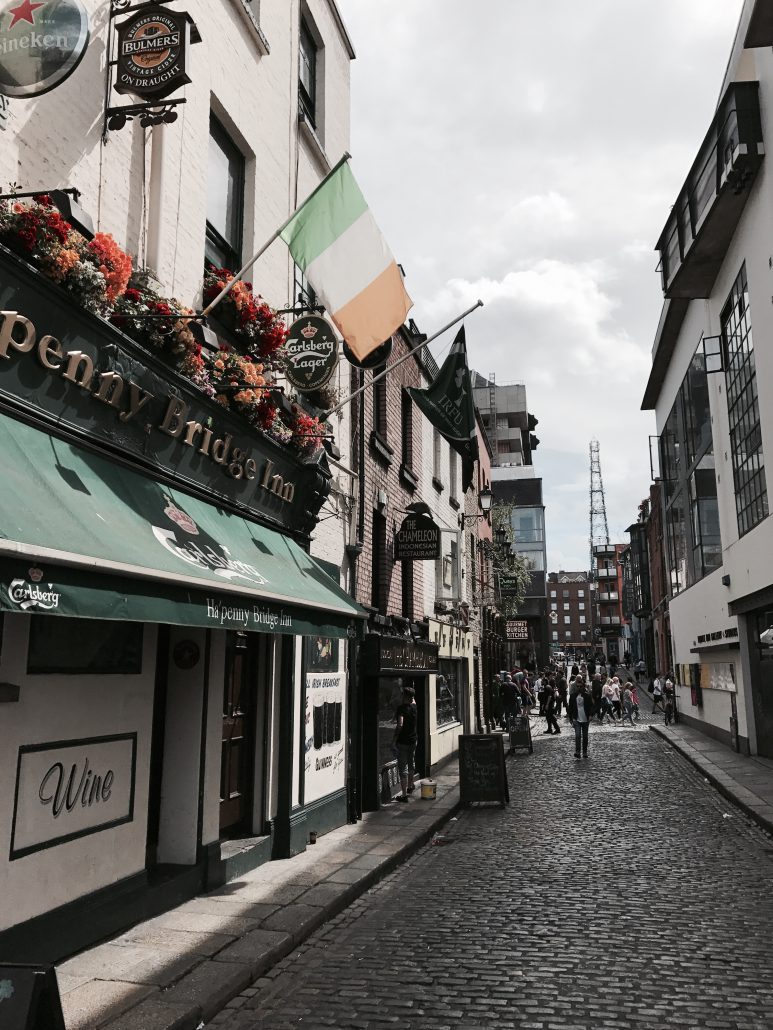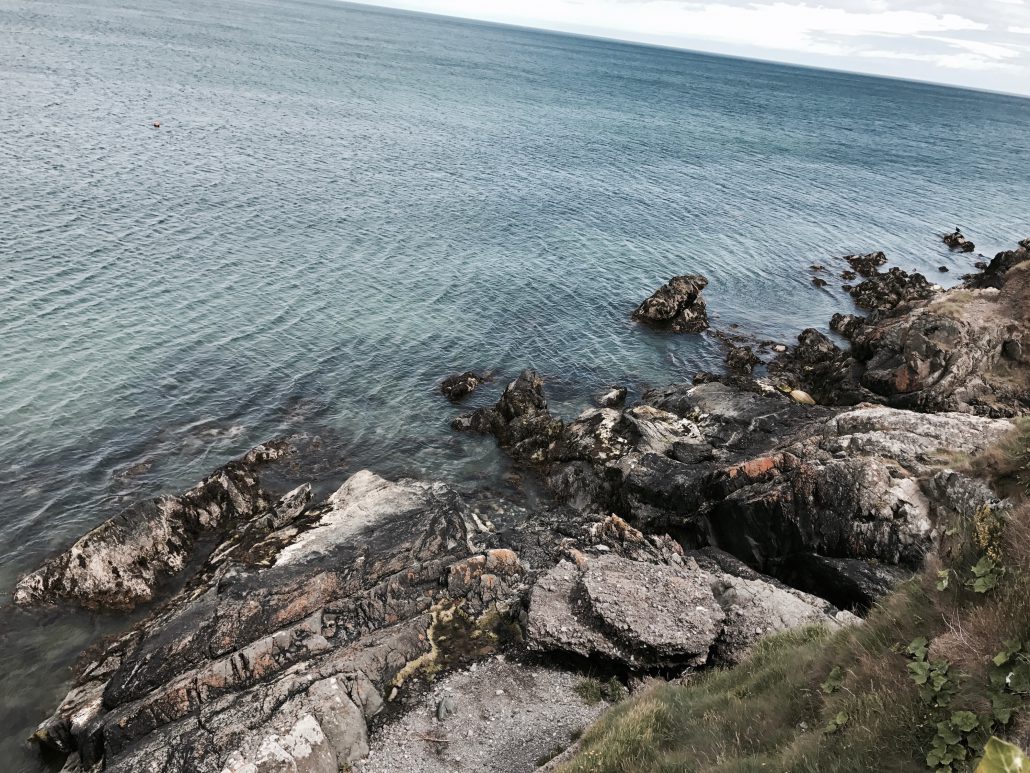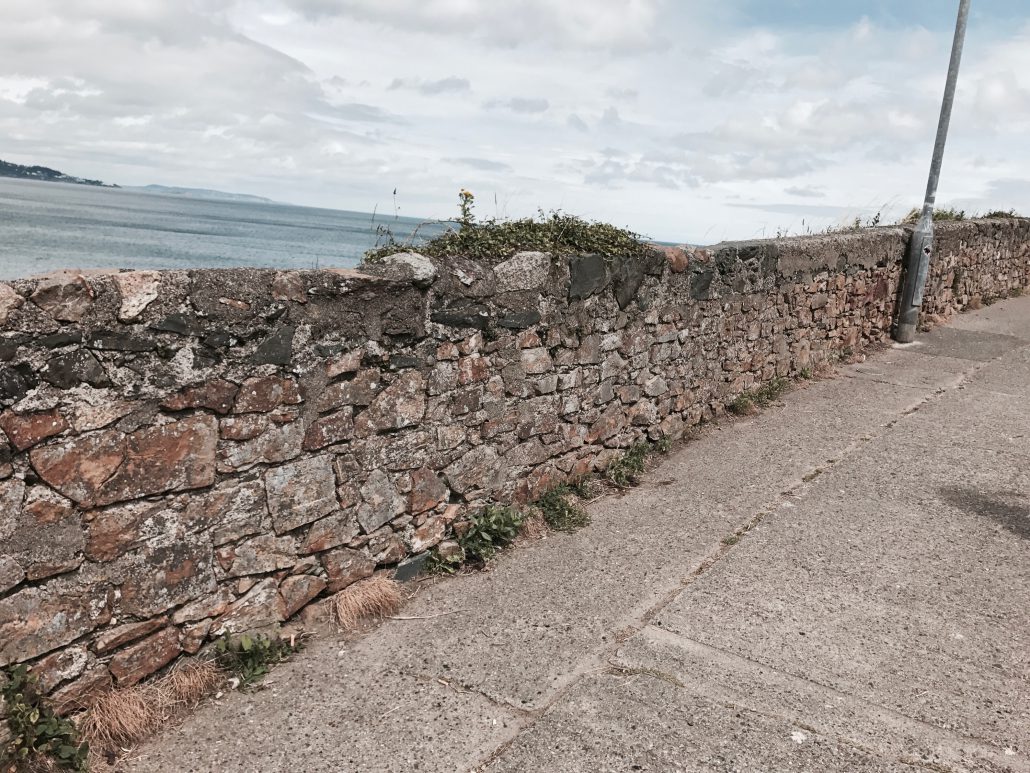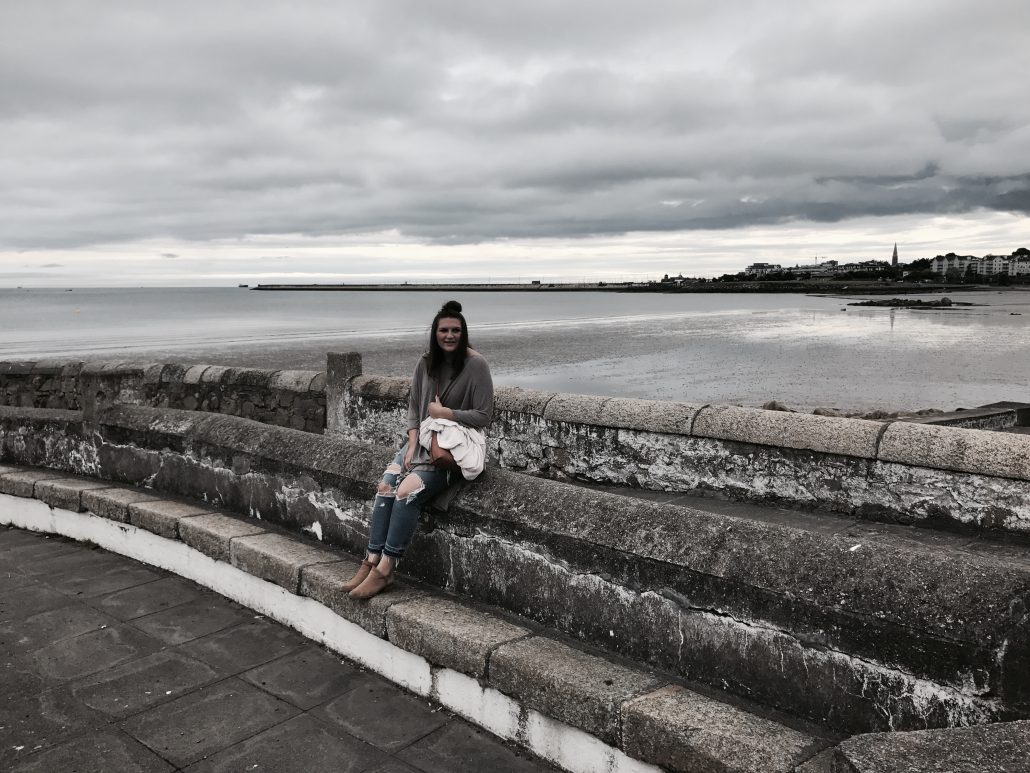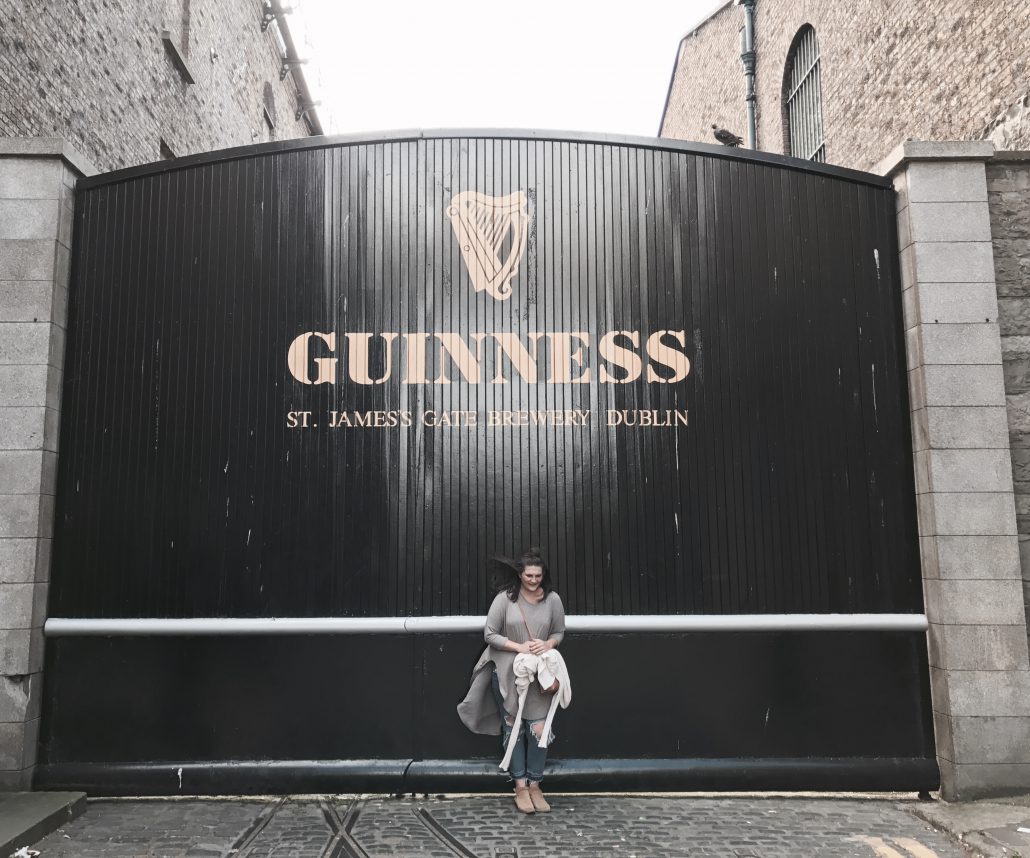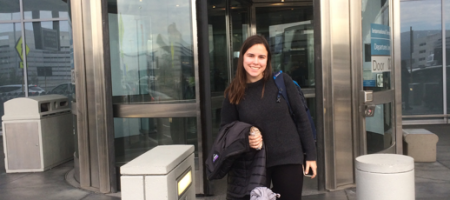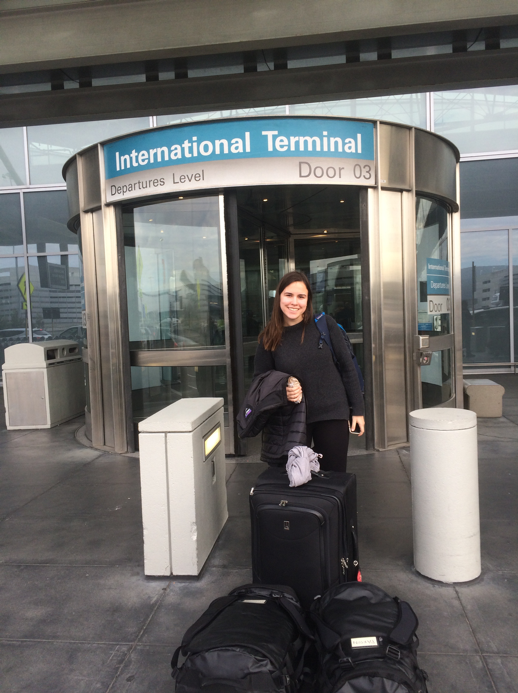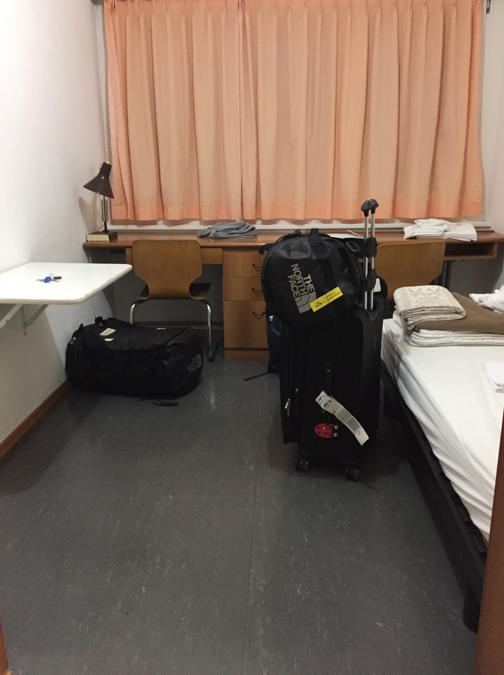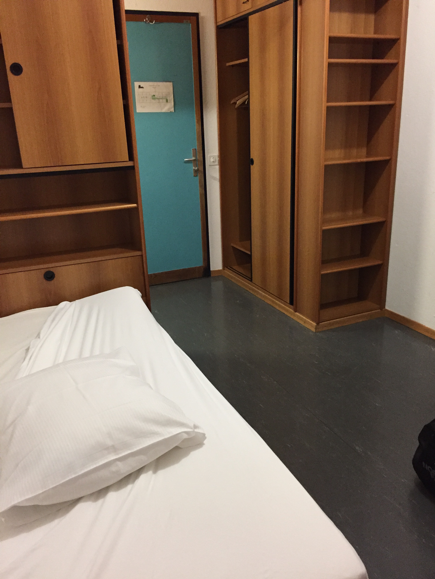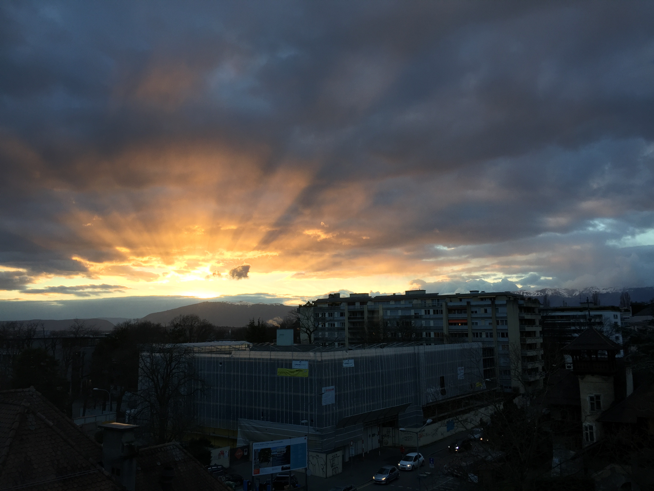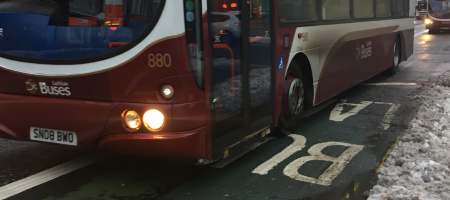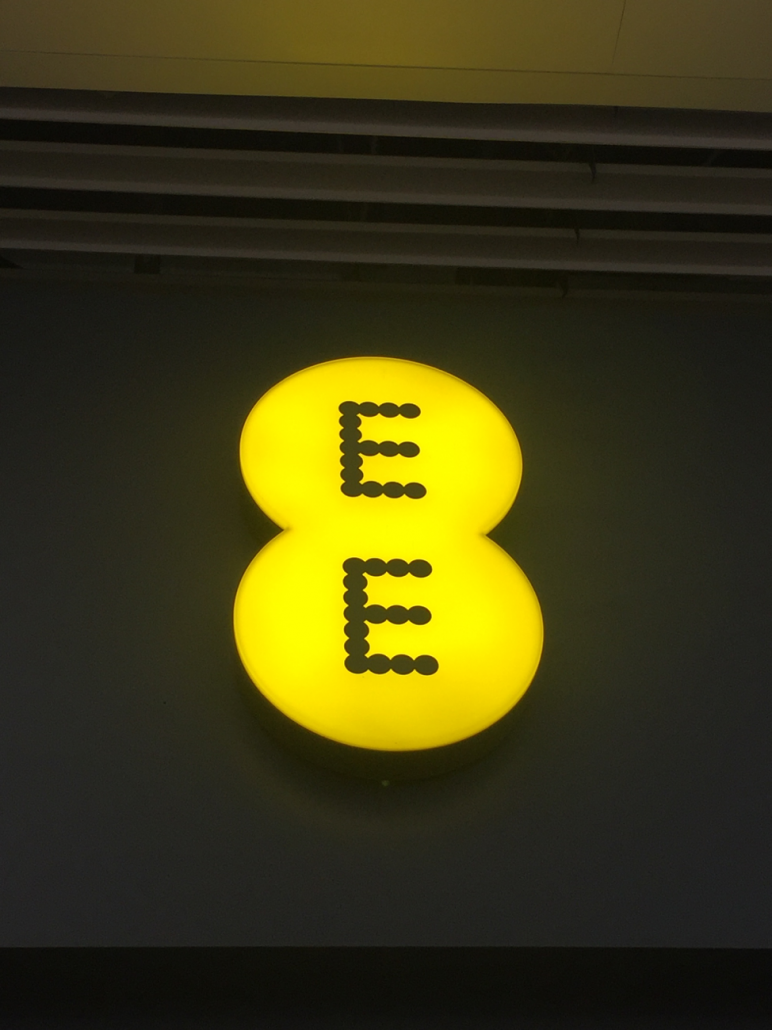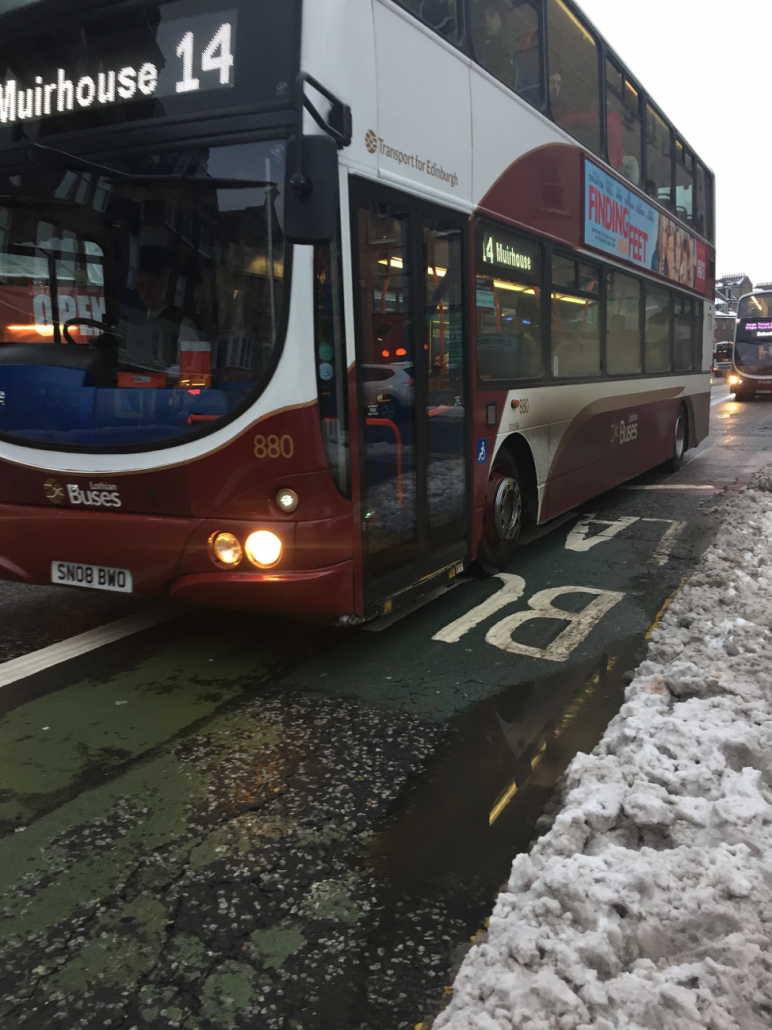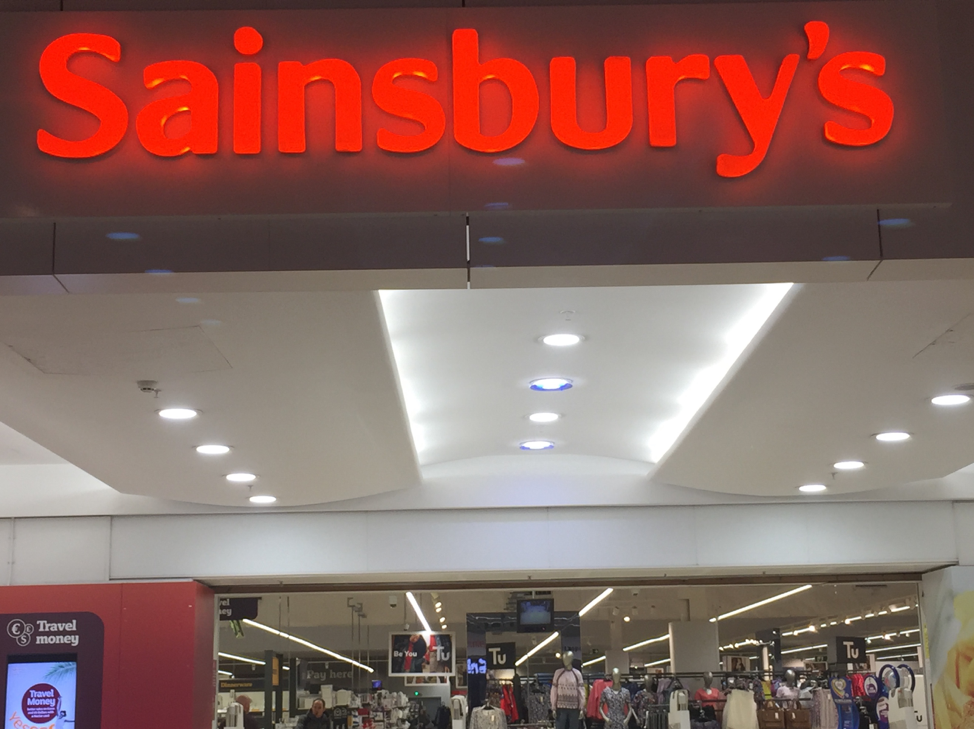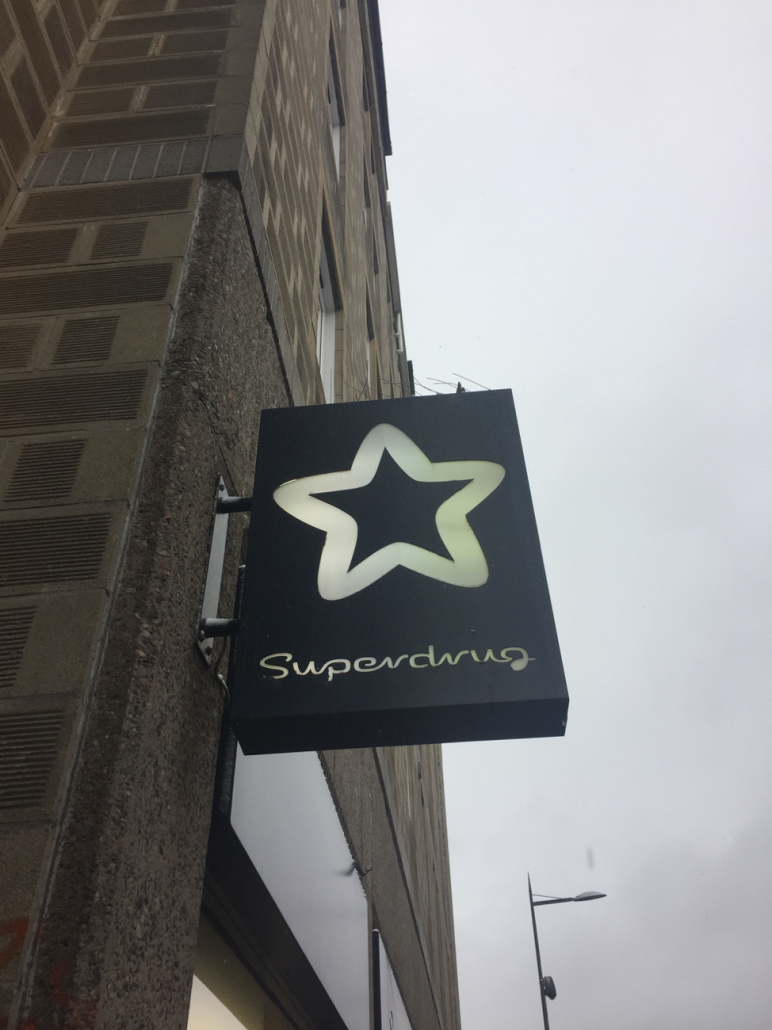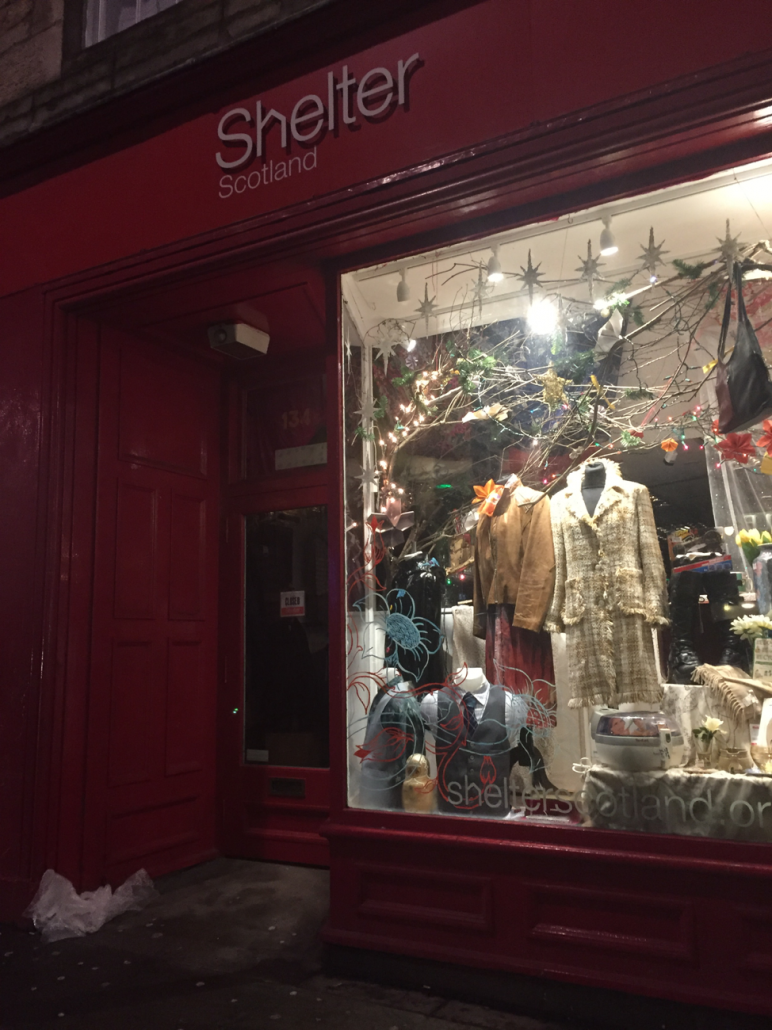Scotland | Joining a Society
BY CAITLYN PICKARD
Upon arriving, University of Edinburgh had a ‘Give it a Go’ week. This week was dedicated to introducing the variety of functions and societies that the university has to offer and encouraging students to partake in free samples. But what exactly are societies? Societies are the equivalent of the clubs we have on campus. Most societies require that you purchase a membership, which varies depending on what society it is and what they offer their members with or without additional costs. Below are some of the popular ones I’ve heard about and my own preferences:
Baking Society
I went to the Baking Society’s Give it a Go event and had a blast! Recipes and ingredients were provided. If you like baking and eating baked goods, this society might be the perfect fit! For weekly meetings, everyone brings along baked goods and just enjoy the deliciousness and good company. Every month or so there are themed baking events, where everyone bakes a specialized treat at a central location. A membership for this society is £5 and certain event’s cost for ingredients.
Unfortunately, I didn’t join because I have no idea how to work the oven at my house. It’s just mug cakes for me this semester…
Murder Mystery Society

The Murder Mystery Society is one of the best societies on campus. It has the most lovely people and also it’s loads of fun! Every month we do a murder mystery that has been written by one of the members. What exactly is a murder mystery? Well, basically, you sign up for a character and, when the murder mystery draws near, you receive a character sheet. This character sheet says who you are, what your secrets and motives are, and what kind of actions you can perform. It’s role play but also very strategic. Even though the ideas are written, it never necessarily has the same outcome. Alliances are made. Trust is broken. And murder everywhere!
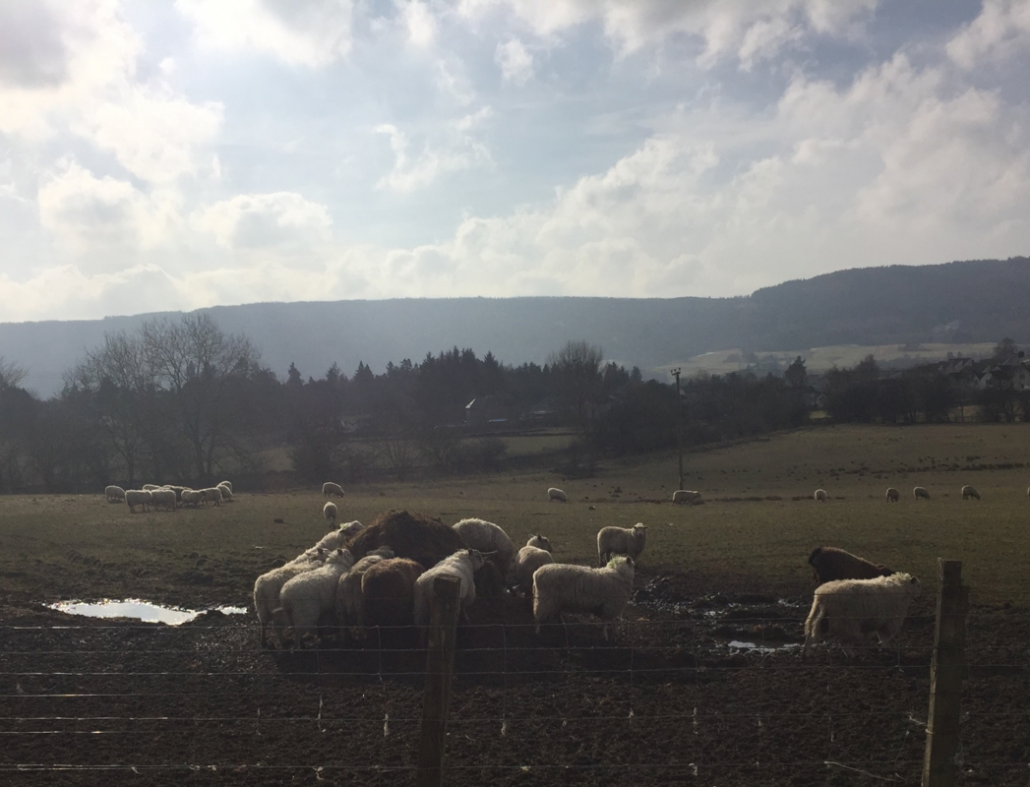
Also, they have this going away weekend in Spring semester to the Highlands, where we play a plethora of board games and, of course, a murder mystery. This is by far my favorite society. Definitely worth a look!
Membership to this society is £3. After that, going to most society events are free! If you’re unsure of joining, each murder mystery is £1 for non-members.

Pole Dancing Society
I joined the Pole Dancing Society because I always loved how majestic pole dancers look when doing their dances. It truly is a form of art, graceful and beautiful. That’s definitely not how I looked during my first class, but a girl can dream, right?
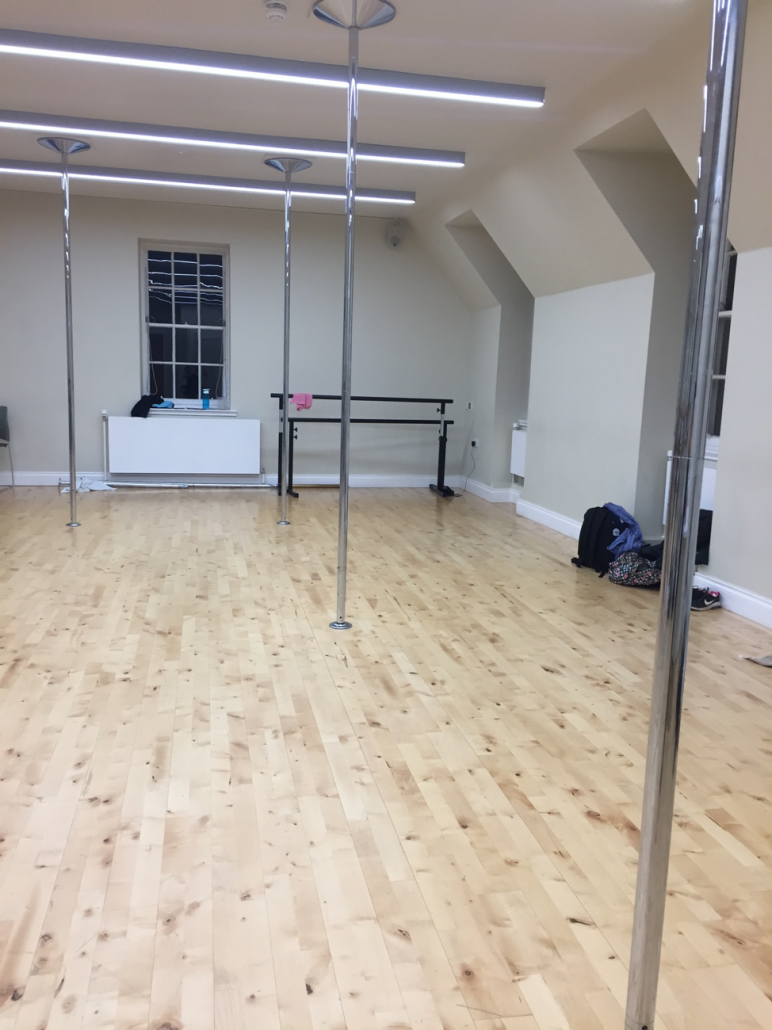
The Pole Dancing Society provides classes for beginners, intermediate, and advanced levels. They provide poles and loads of advice on how to learn the basics of pole dancing. They also offer flexibility workshops and ‘sexy’ workshops throughout the semester. Everyone is super sweet and the instructors are very skilled and patient. If you’ve ever wanted to learn how to pole dance or even just want to find a new form of exercise, check out this society! It’s way cheaper than any pole dancing classes you’ll find in LA!
A membership for this society is £6, with most classes being £3 each. Classes go online every Thursday at 6pm. Set an alarm because beginner classes fill up within the first 10 minutes!
FAQ: Card and Board Games Society
If you like playing board games, this society is for you! They meet almost every Tuesday at a pub to play board games for hours on end. They have a plethora of board games and everyone encourages a friendly, competitive environment. They’ll occasionally have bowling nights or join with the Murder Mystery society for some nights. I LOVE board games so going to board game nights on a Tuesday night is a fun way to stress relieve after a long day of school. A membership for this society is £3.
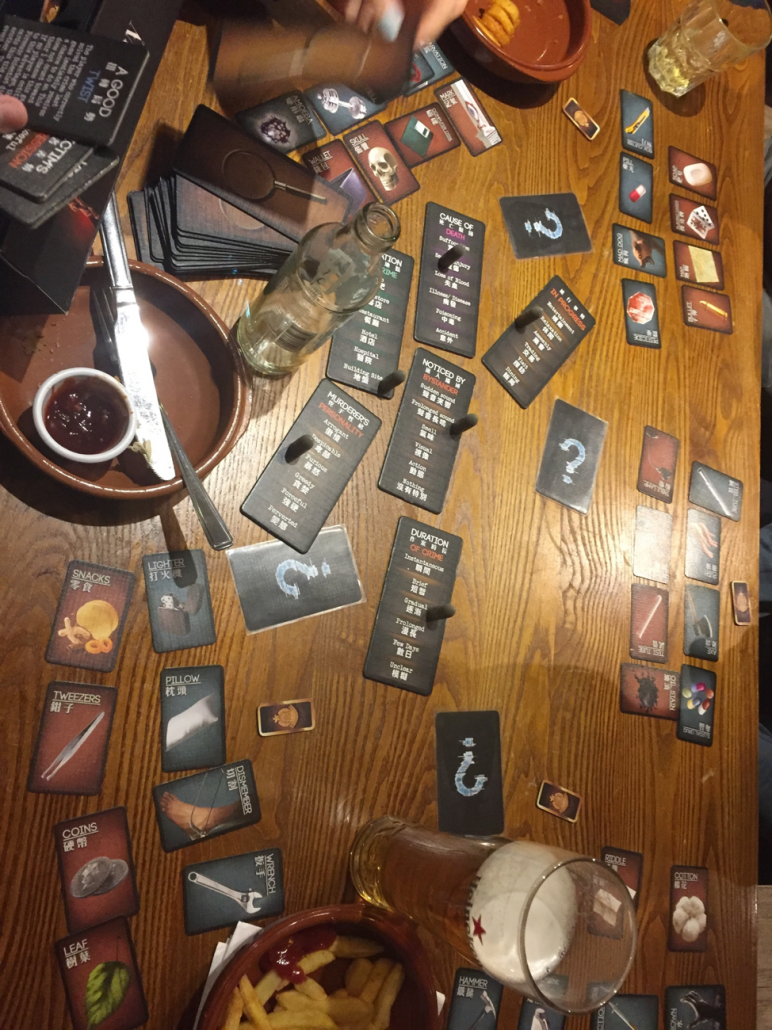
Caitlyn Pickard studied abroad in Edinbugh, Scotland, in Spring 2018: http://eap.ucop.edu/OurPrograms/United_Kingdom_Scotland/Pages/host_EdinburghUKImmersion.aspx


